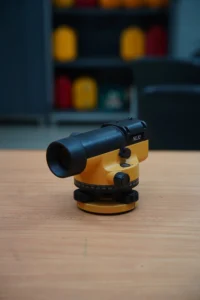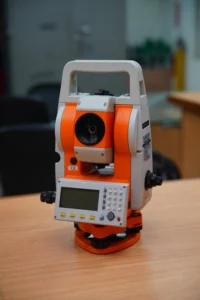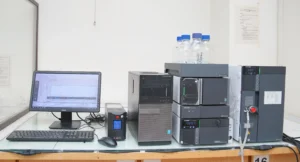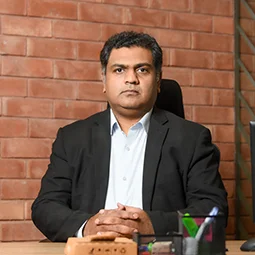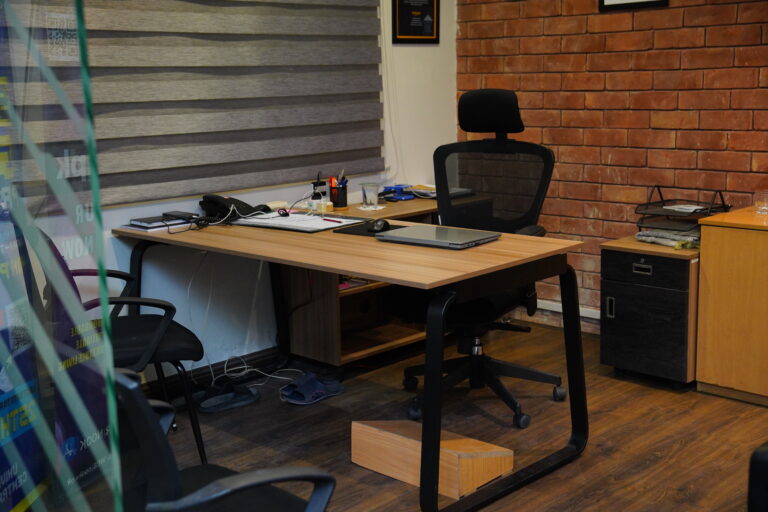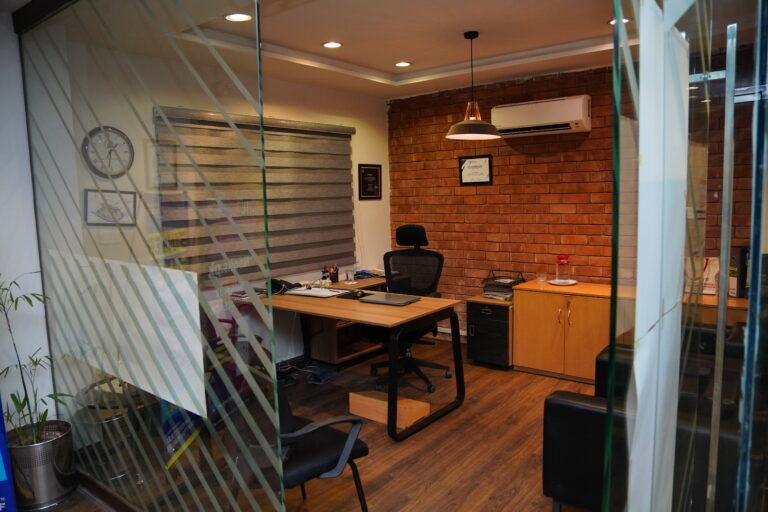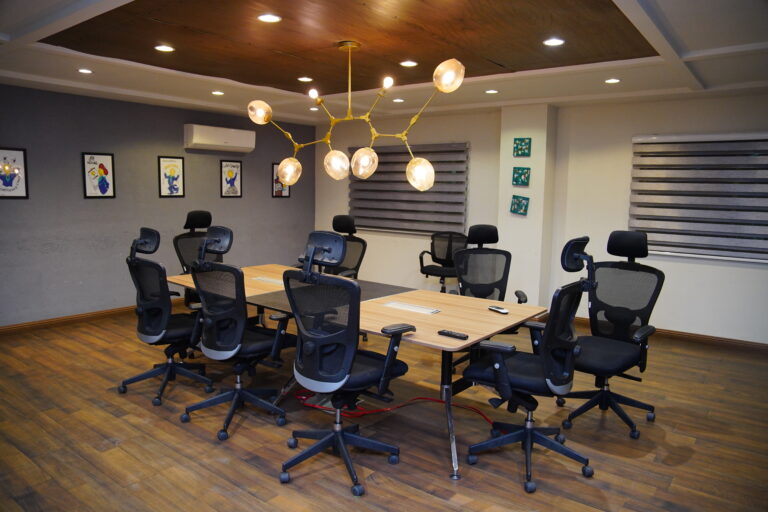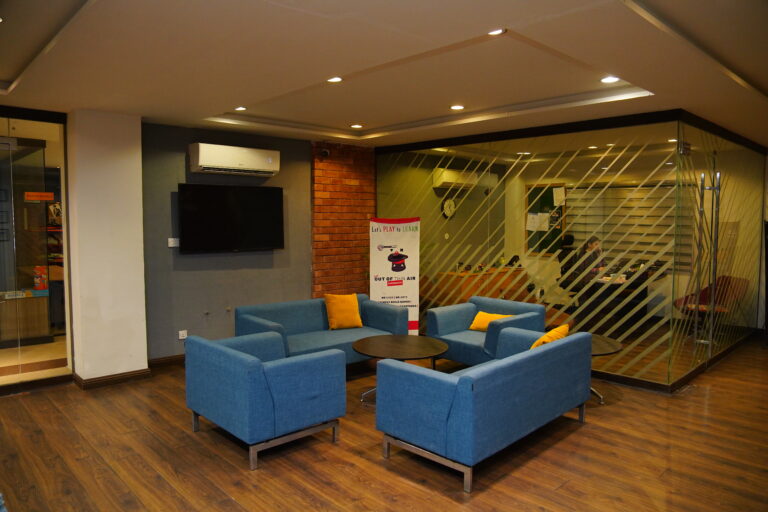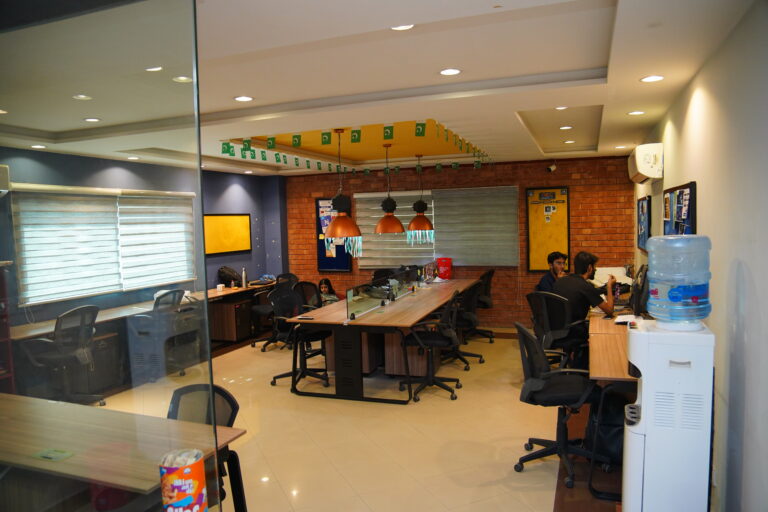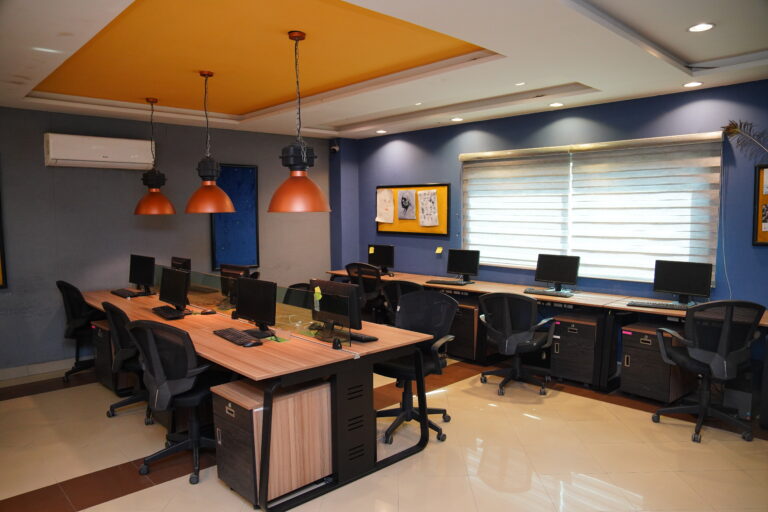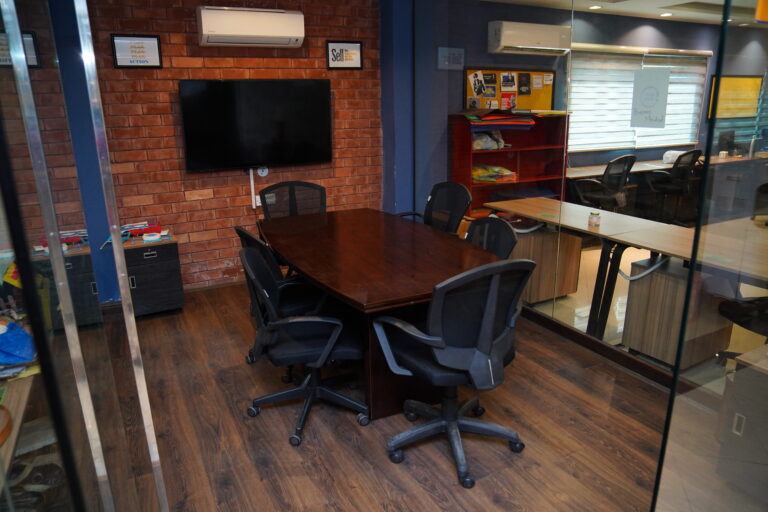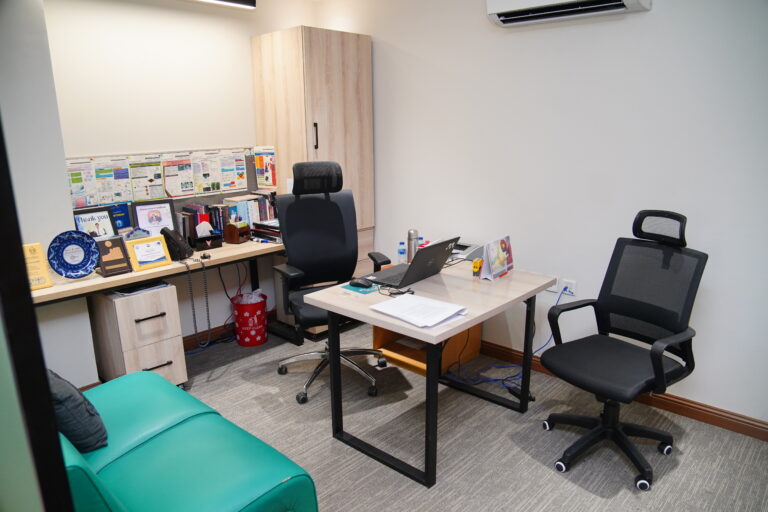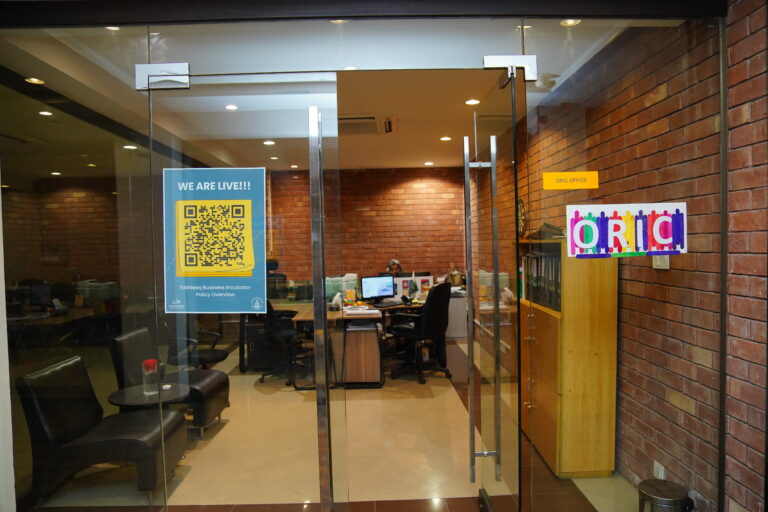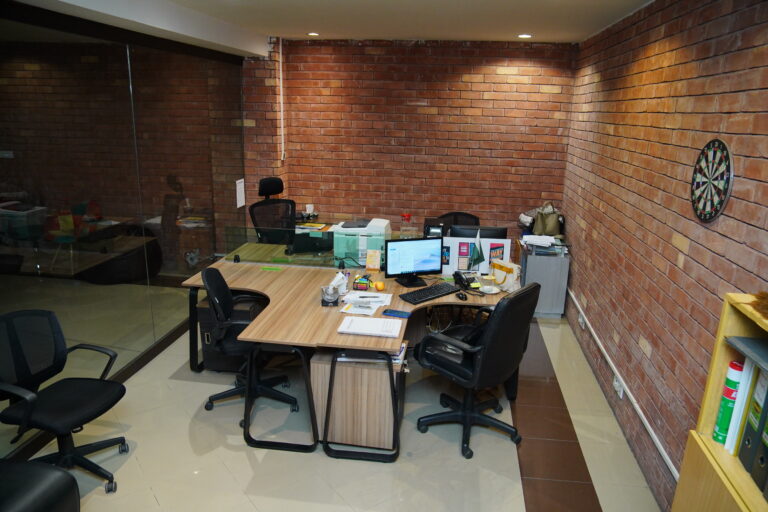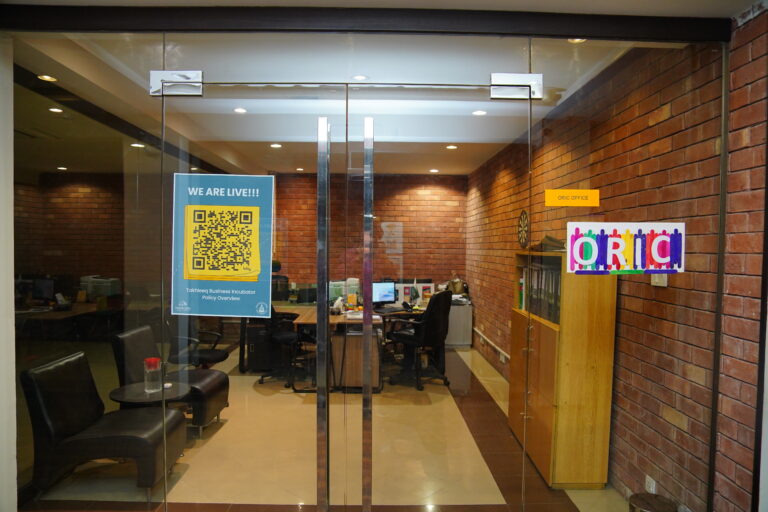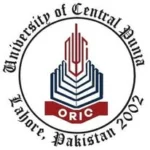Welcome to the Office of Research, Innovation and Commercialization (ORIC) at the University of Central Punjab (UCP).
ORIC serves as a hub for advancing a culture of research excellence, fostering innovation, and bridging the gap between academia and industry. We are committed to supporting high-quality research, promoting commercialization of university-based innovations, and building strategic partnerships that contribute to national development and global competitiveness.
Through a dynamic ecosystem of research support, capacity building, industry linkages, and technology transfer, ORIC empowers researchers, faculty, and students to transform ideas into impactful solutions. We welcome collaborations with academia, industry, government, and society to drive knowledge-based progress.
Together, let’s innovate, inspire, and make a difference.
Vision Statement
To be the catalyst of transformative research and innovation that shapes industries, empowers entrepreneurs, and delivers real-world impact
Mission Statement
To drive UCP’s research excellence through strategic partnerships, IP generation, and sustainable commercialization, fostering a future-ready ecosystem where ideas evolve into enterprises














